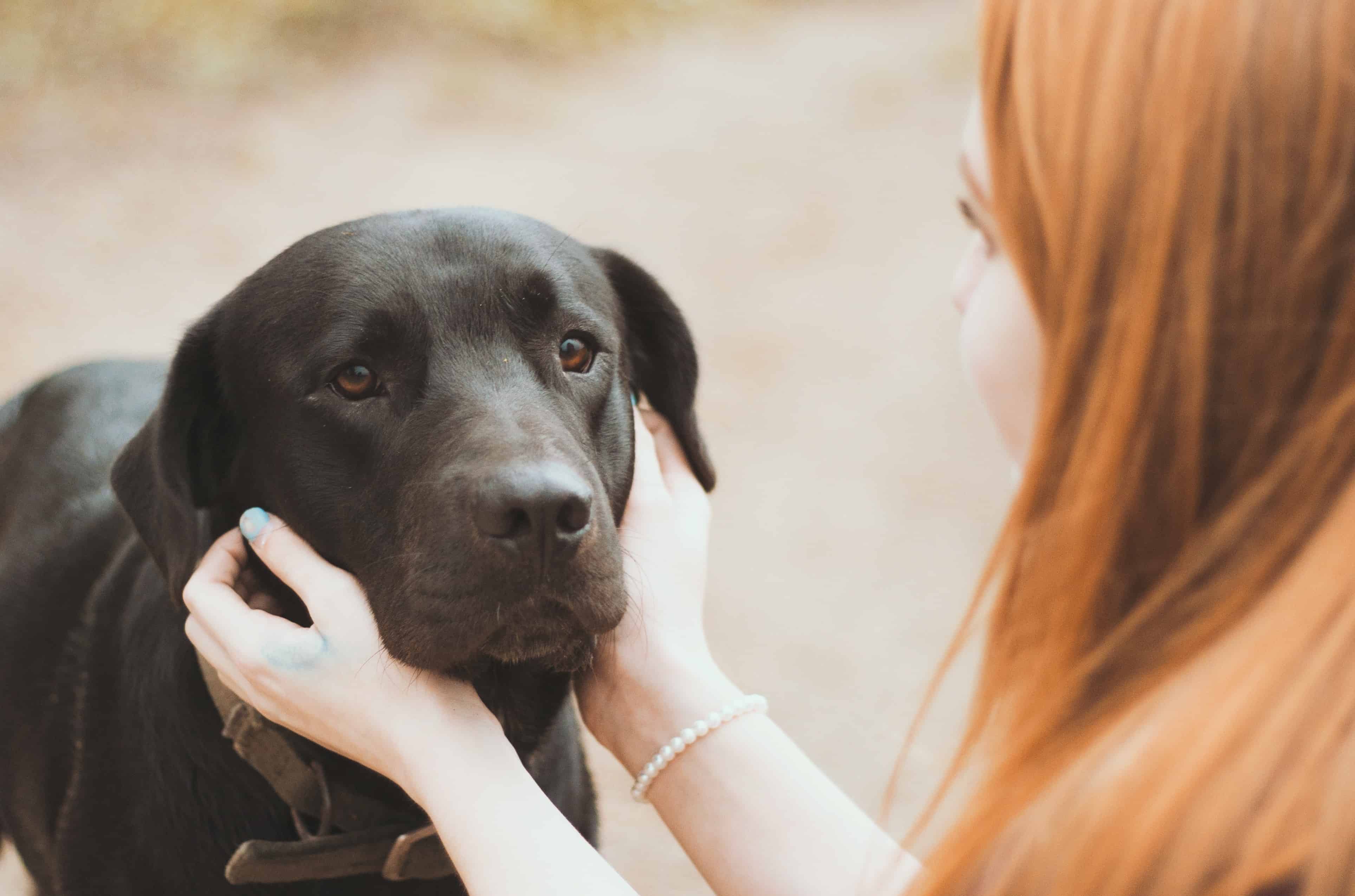Since the beginning of this turbulent year, many lives have been substantially affected or changed by the COVID-19 pandemic. Most families have been forced to adjust plans, change circumstances, and even stay at or work from home. With job changes, illness and the stress of the unknown, many have had to overcome unique and challenging circumstances which have led to drastic changes in daily life. Some families have even adopted pets during this time to help with stress. This increased time at home has allowed pet owners to increase the human animal bond and build stronger relationships with their pets. As we turn the corner towards a new normal and people begin to return to the old routines, where does this leave our pets? Here are a few tips to help ease the transition to a new routine for your dogs and cats at home.
Small steps lead to big successes
If you know you will be returning to work soon, developing a plan for your pet can help minimize stress. If you know you will have to leave your pet alone for a longer period than they are used to, it is important to start slow and build up if the time is available to ease the transition. Pets need time to adjust to a new routine, and sudden change can lead to stress, anxiety, and even possibly problematic behaviors such as separation anxiety or destruction. If possible, begin to leave your pet alone for small periods during the day, gradually increasing the time and rewarding them when you return. Consider options such as a Furbo to allow you to check in on your pet, reward them and even feed them treats in your absence.
Focus on a routine and try to stick to it
As we return to work, school and traveling, it can be helpful for your pets to try to develop a new routine that is similar to their current routine. For example, if your pet is typically walked during the day, it is important to keep this structure, even if it is not as long or as frequent as before. If you are unable to walk your pet, consider day boarding or hiring a dog walker. A tired dog is a happy pet. If your pet is crate trained, consider kong toys with frozen food or kibble to help occupy your pet during the day. Some pets enjoy having a television or radio on for background noise to help distract them in our absence. If your pet will be coming with you to work, ensure they are up to date on their vaccinations and preventative care through your primary care veterinarian.
Do what you can
If you know you will be gone most of the day, making an effort to spend time with your pet when you can, such as after work or on weekends, can help aid in their adjustment. Working with them to learn a new trick, taking a training class, or finding a new toy they enjoy can help with the adjustment period. Some owners enjoy taking their pets to work with them. If this is an option and your pet is accustomed to being around others, this can work well (just be sure to check with your workplace and veterinarian first!).
Be patient with your pet
Just like their owners, pets can also take several weeks to adjust to a new routine. Through gradual introduction, enrichment, exercise, and encouragement, you and your pet will become comfortable with any changes that may be occurring. It is important to keep this transition light and positive and not to get frustrated with your pet. If any accidents or destructive activities occur, try to identify the cause. If your pet starts exhibiting any behaviors that are concerning, we recommend consulting with your veterinarian.
Summary
Changes can be challenging for everyone involved, especially after such a turbulent year. These tips can help you and your pet find a new routine that works for you. Technology such as a furbo, resources such as a dog walker, or “doggy day care” can be essential if available for you and your pet. If you find your pet is having a difficult time adjusting, or you begin to notice any abnormal behaviors from your pet, such as destroying toys or furniture, excessive vocalization, inappetance, weight loss, vomiting or diarrhea, we recommend contacting your veterinarian. For any concerns or to schedule an appointment, please call Weddington Animal Hospital at 704-847-8466 or wah@wahcares.com.

